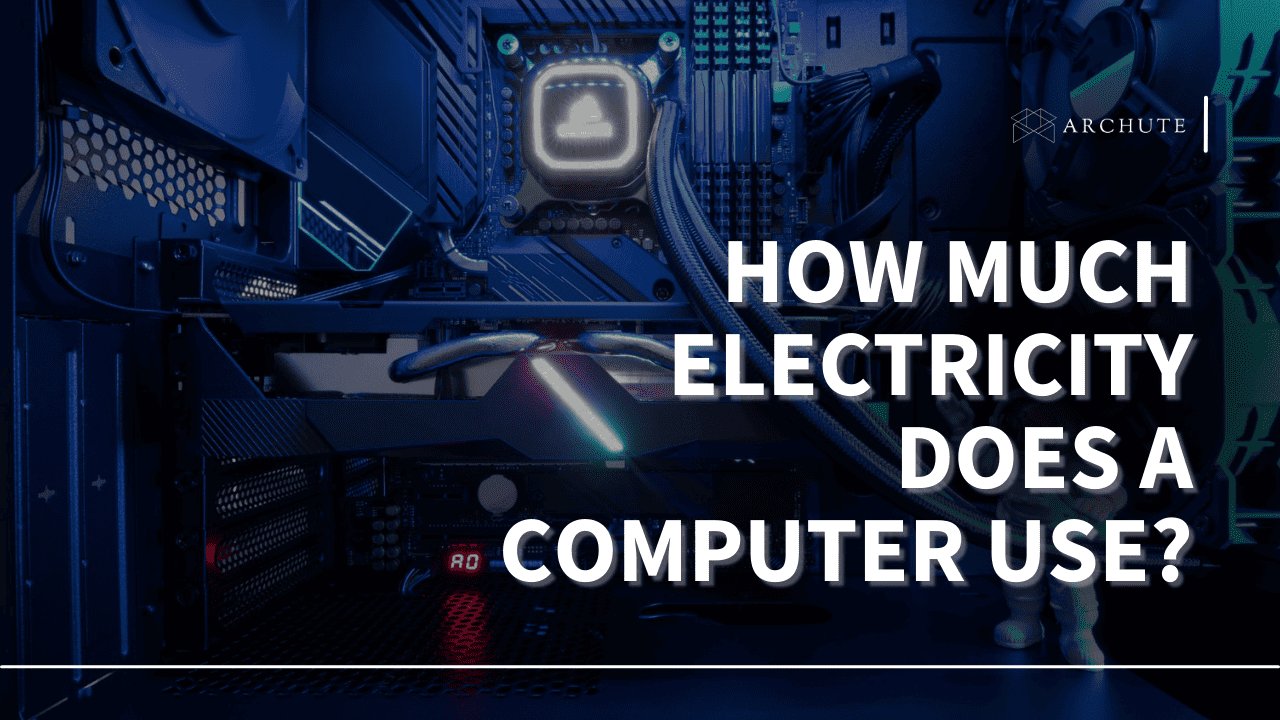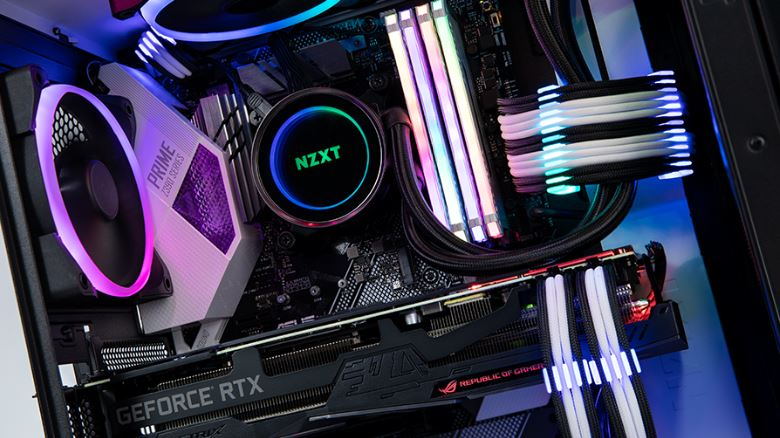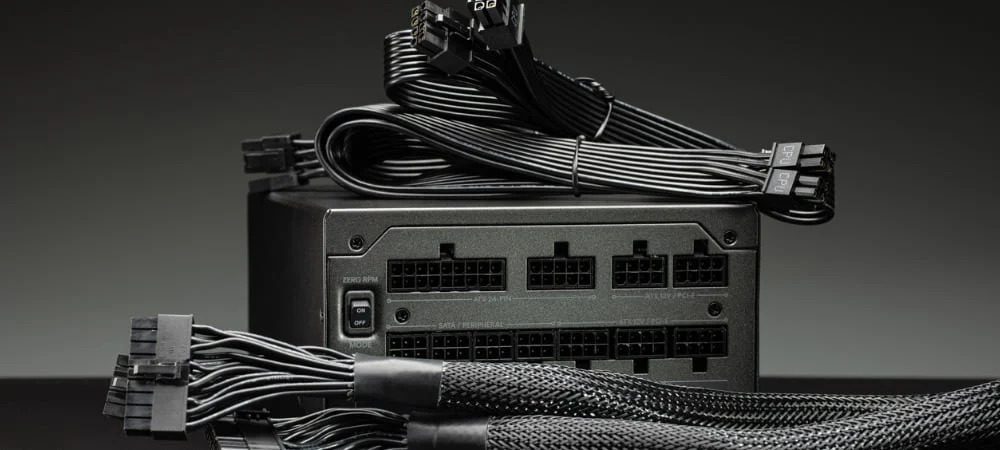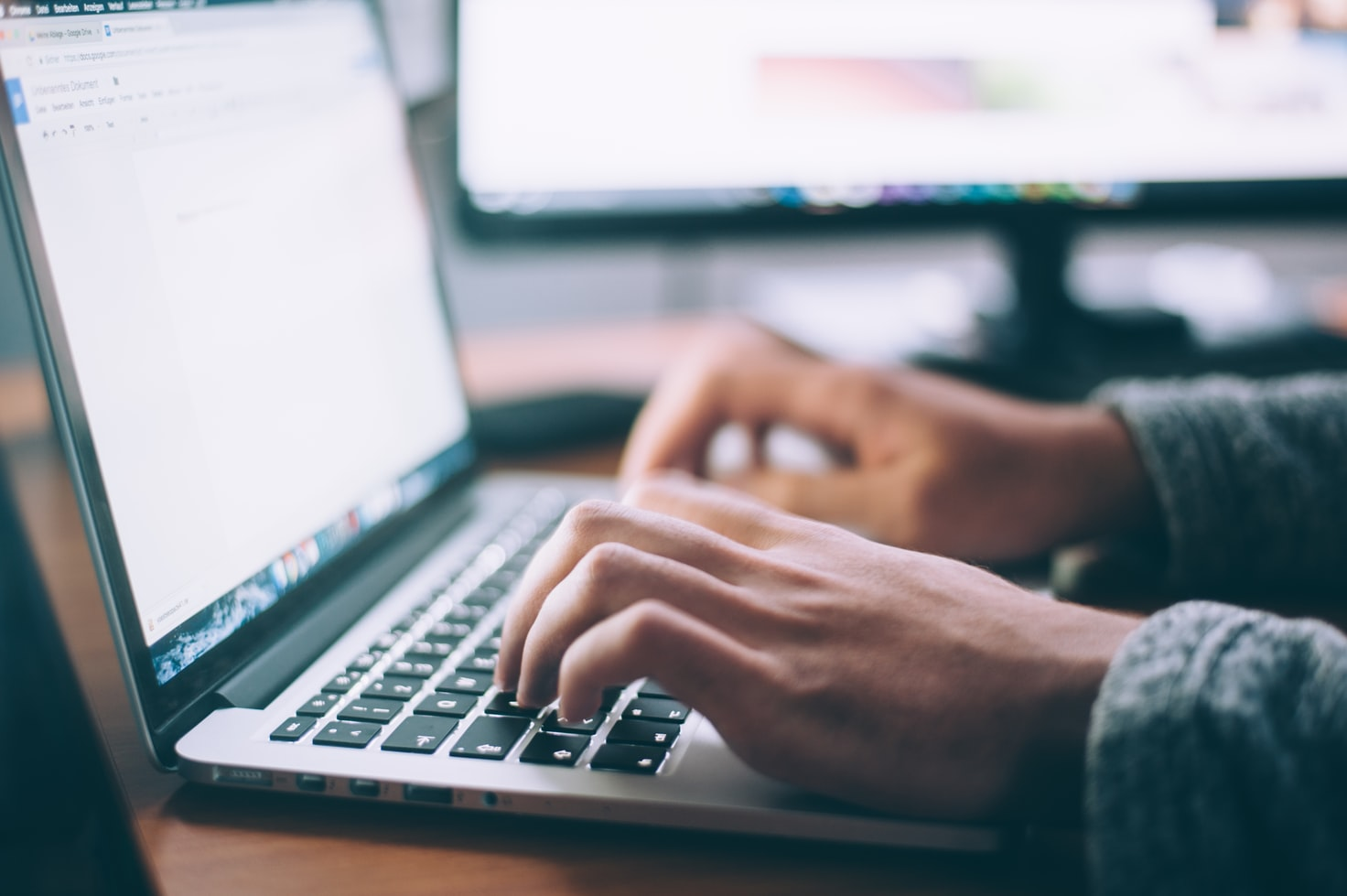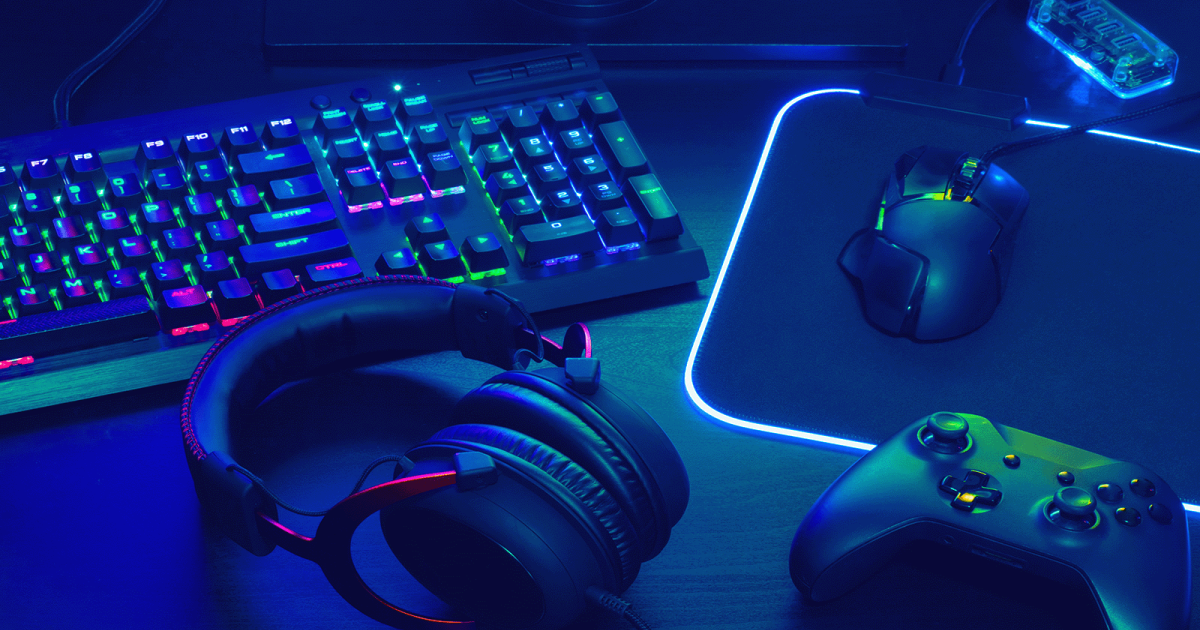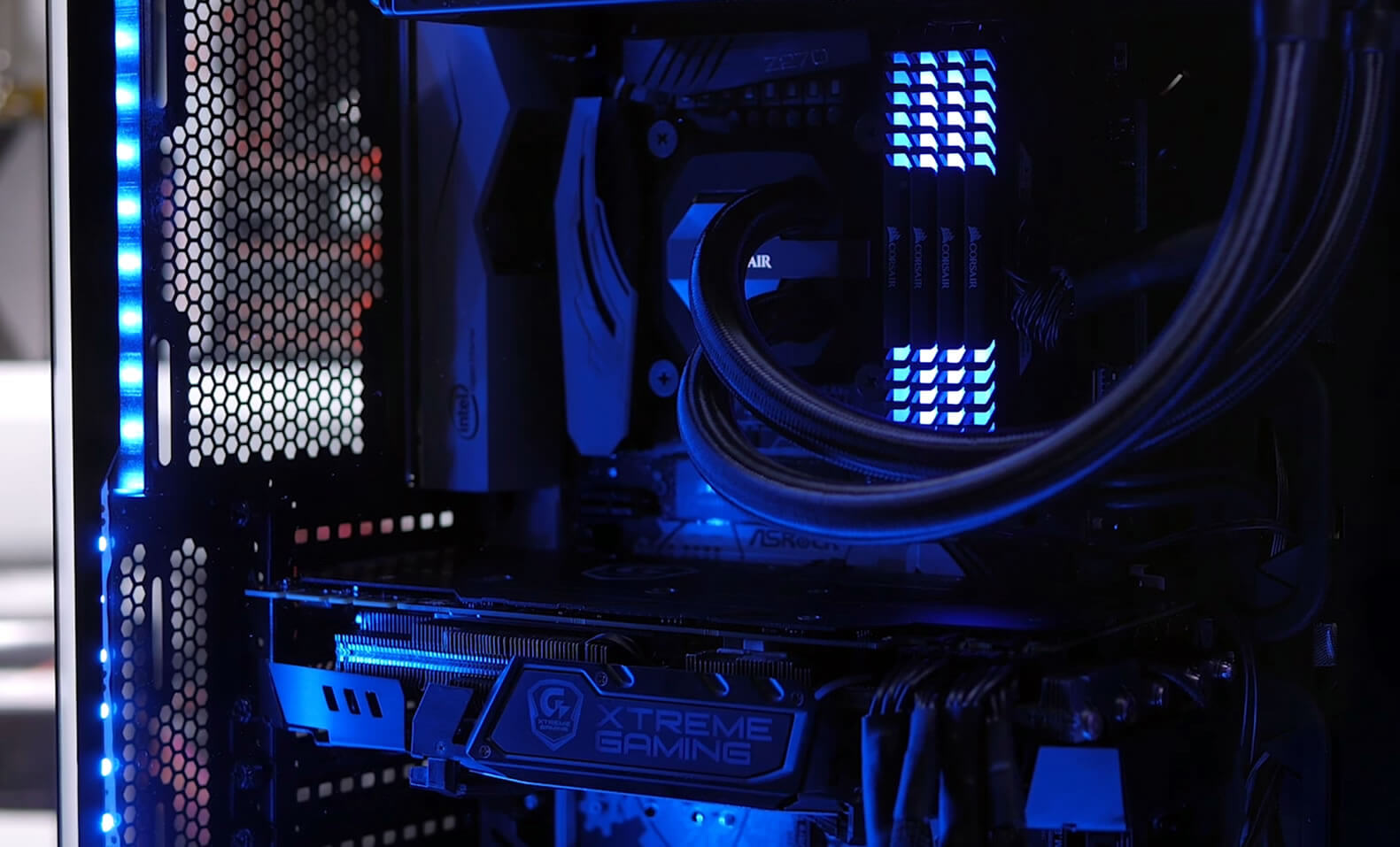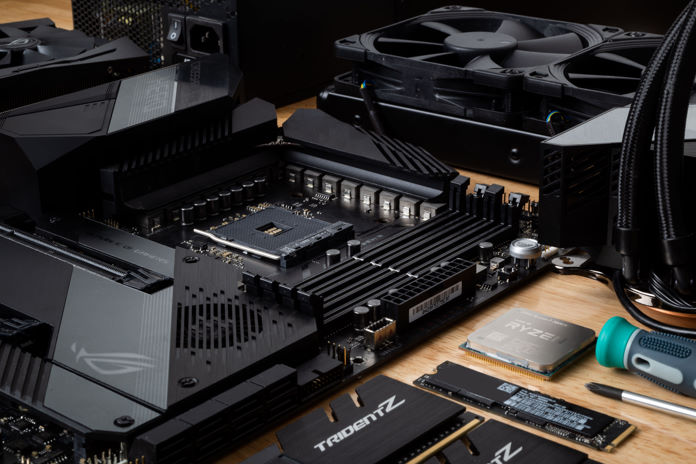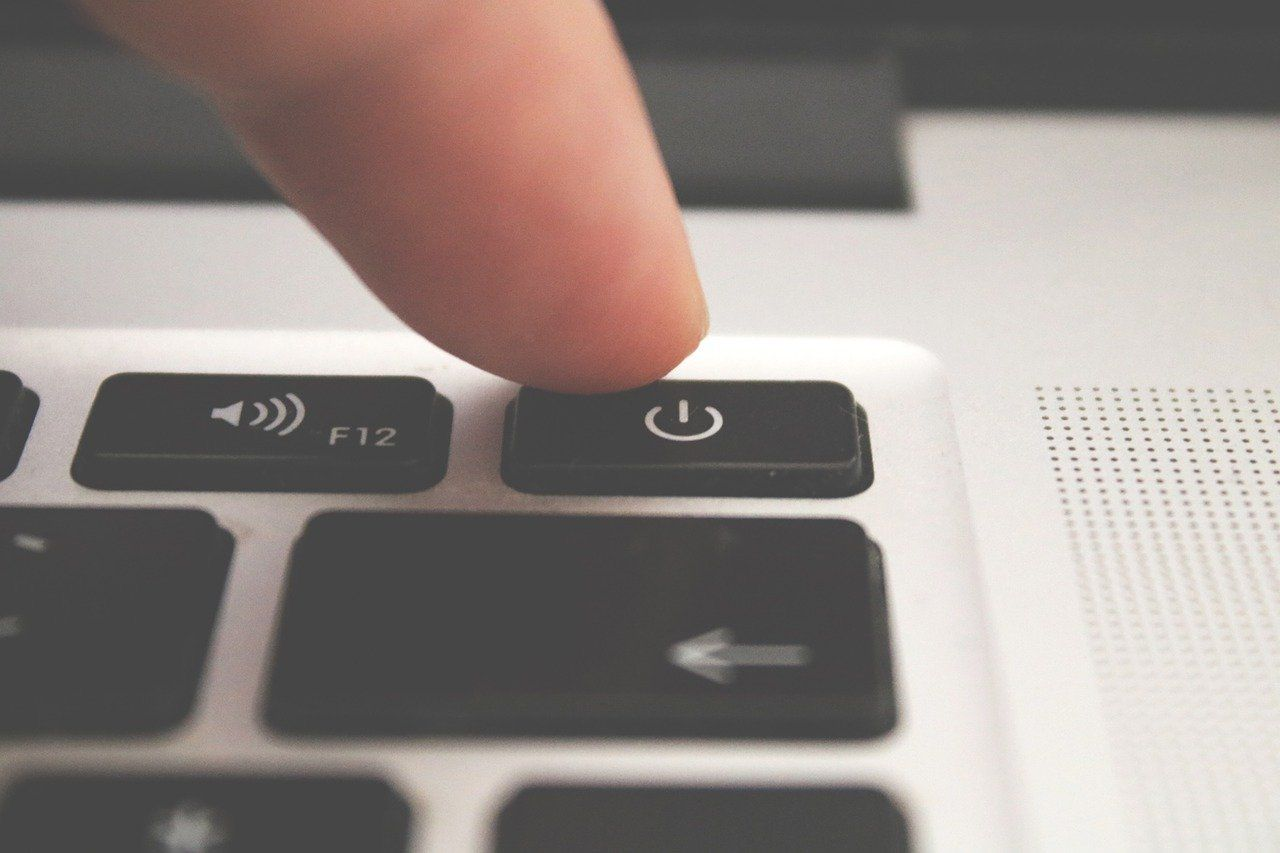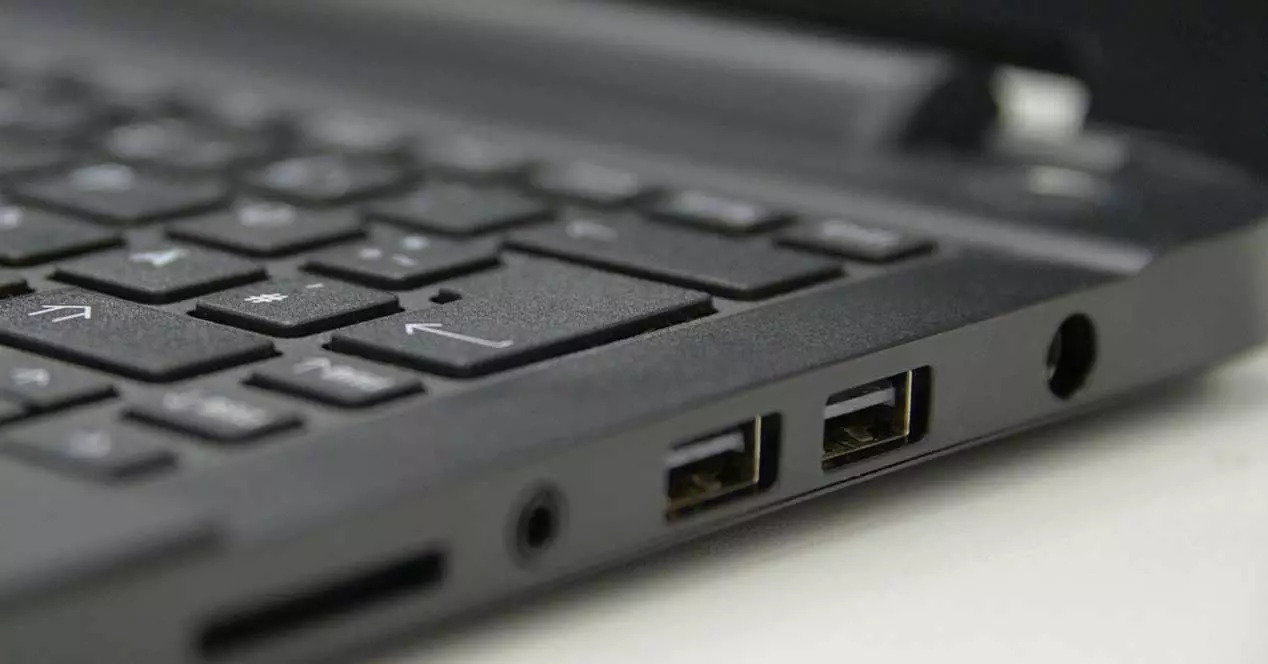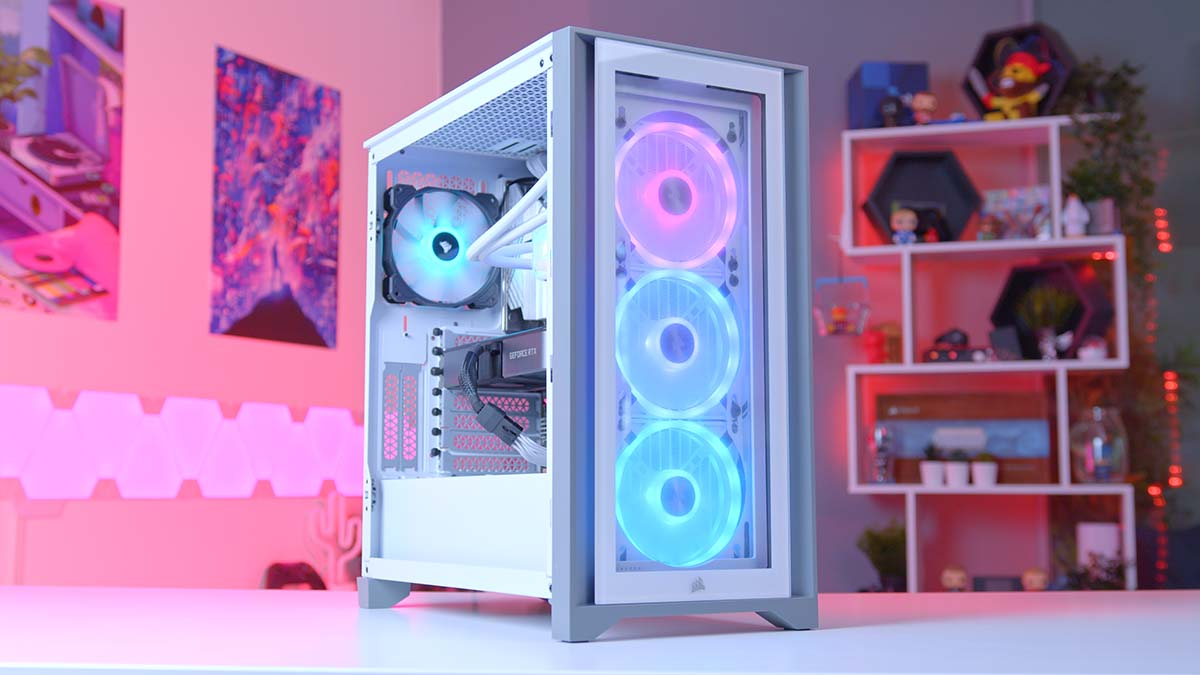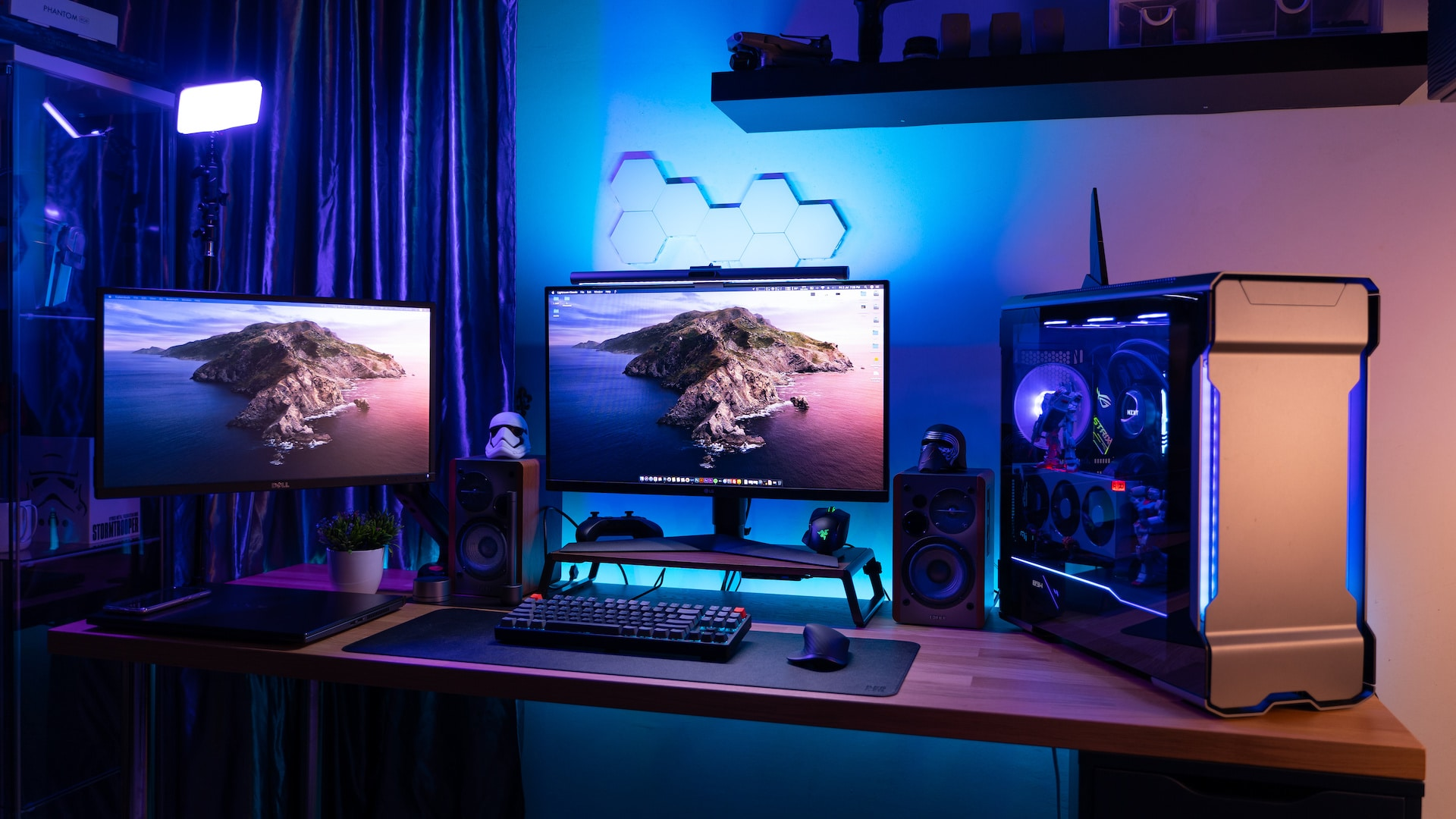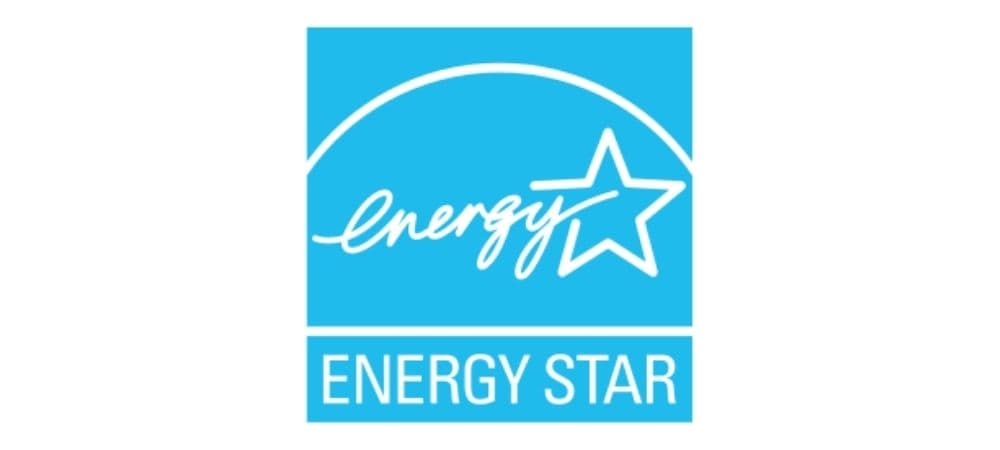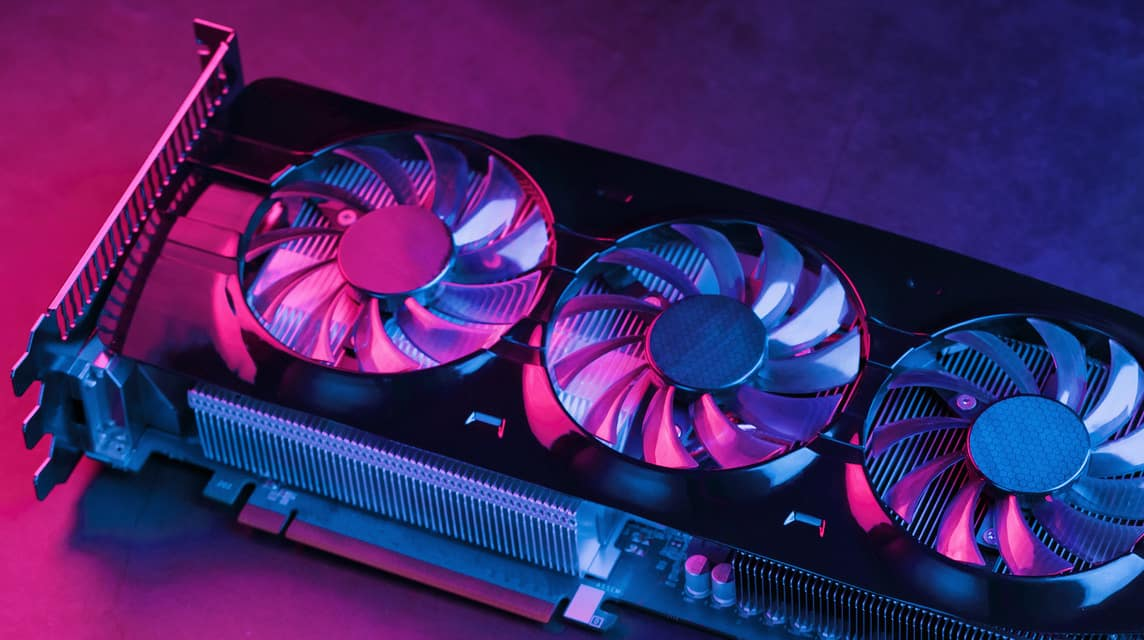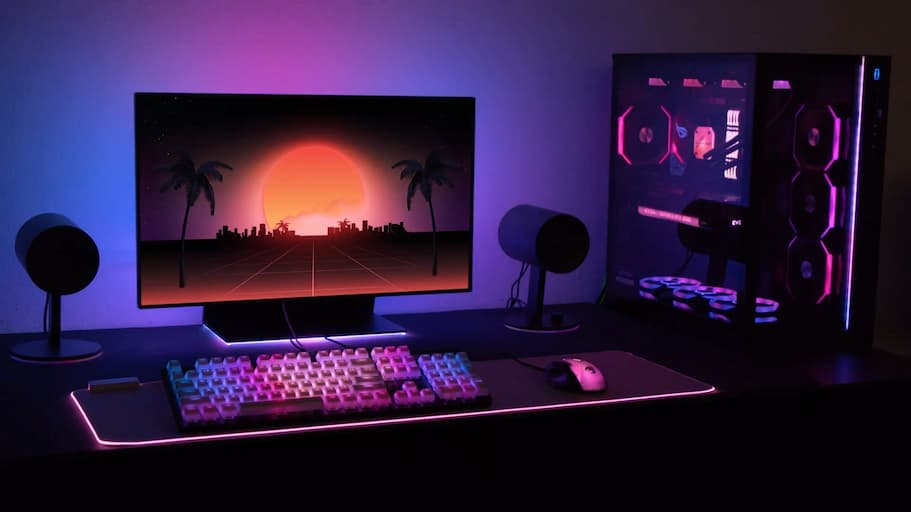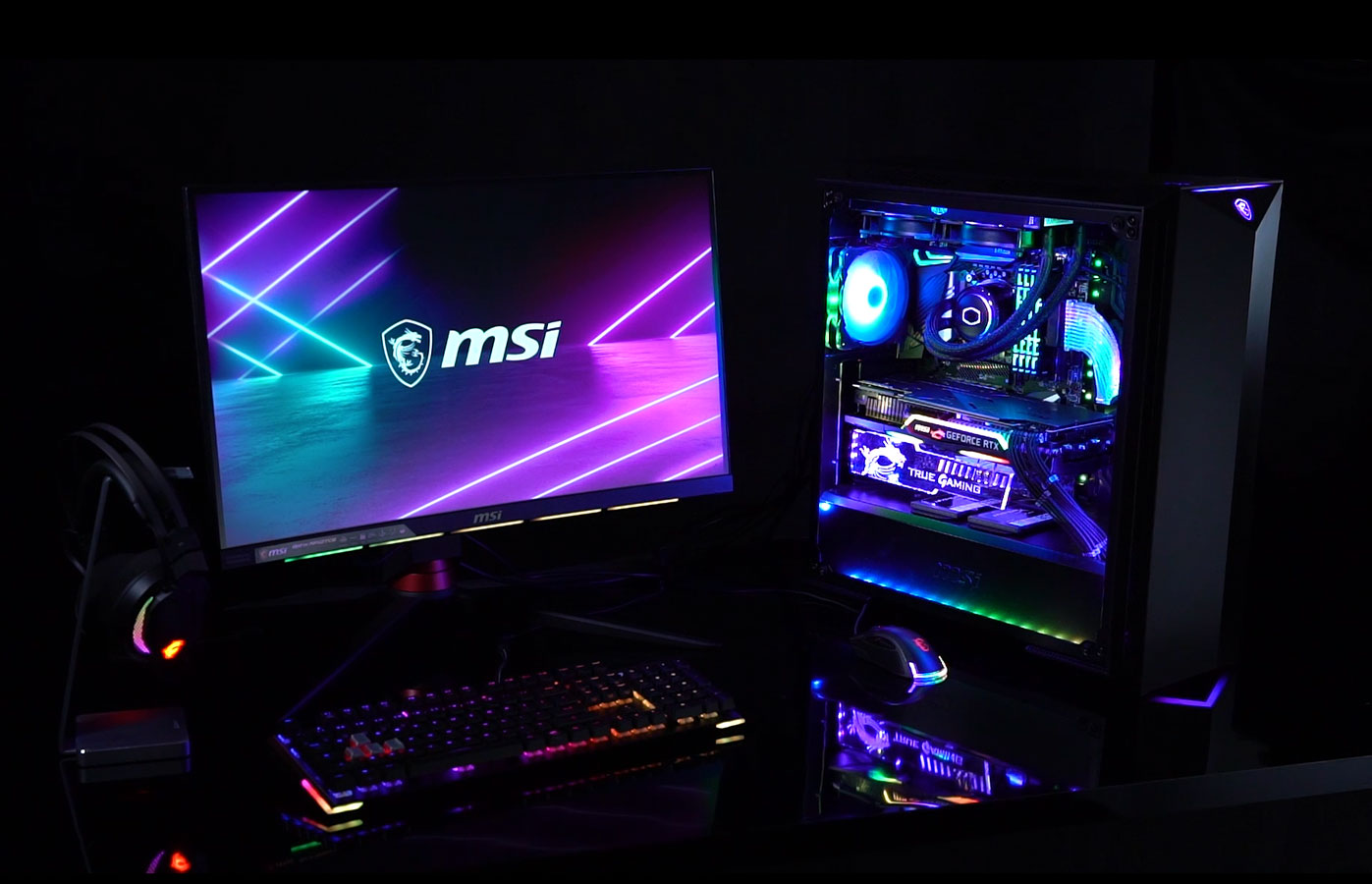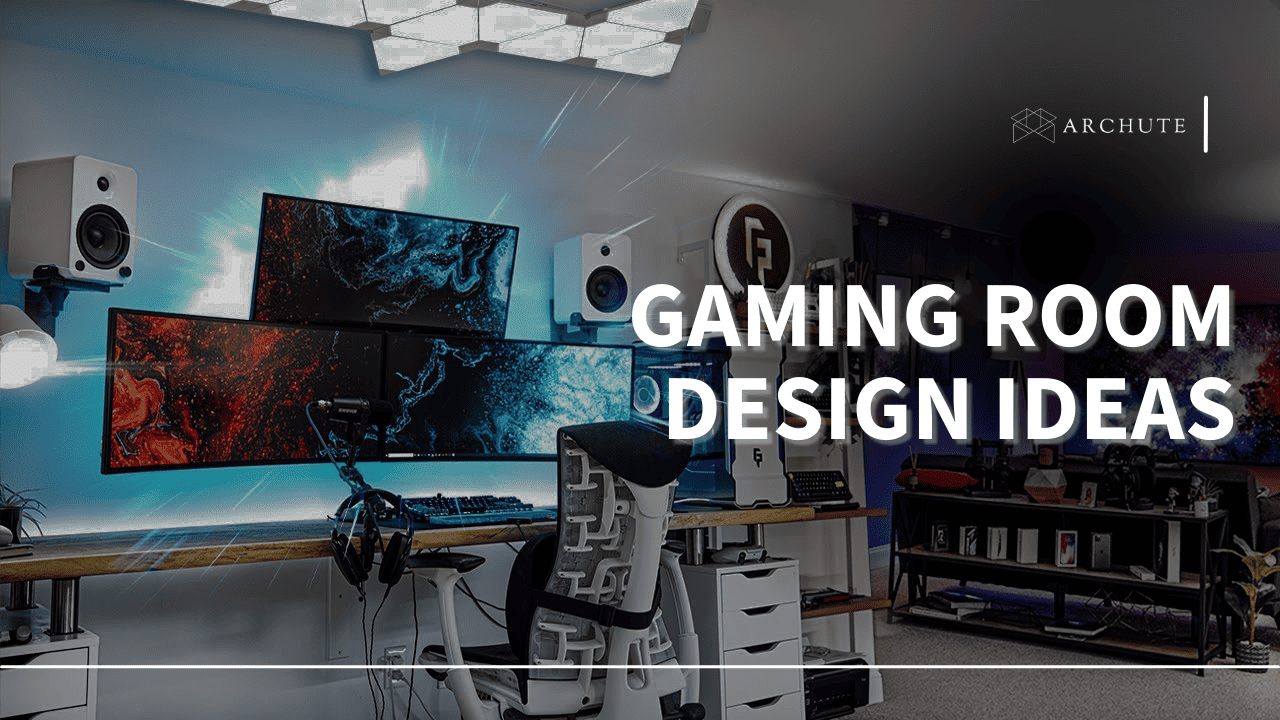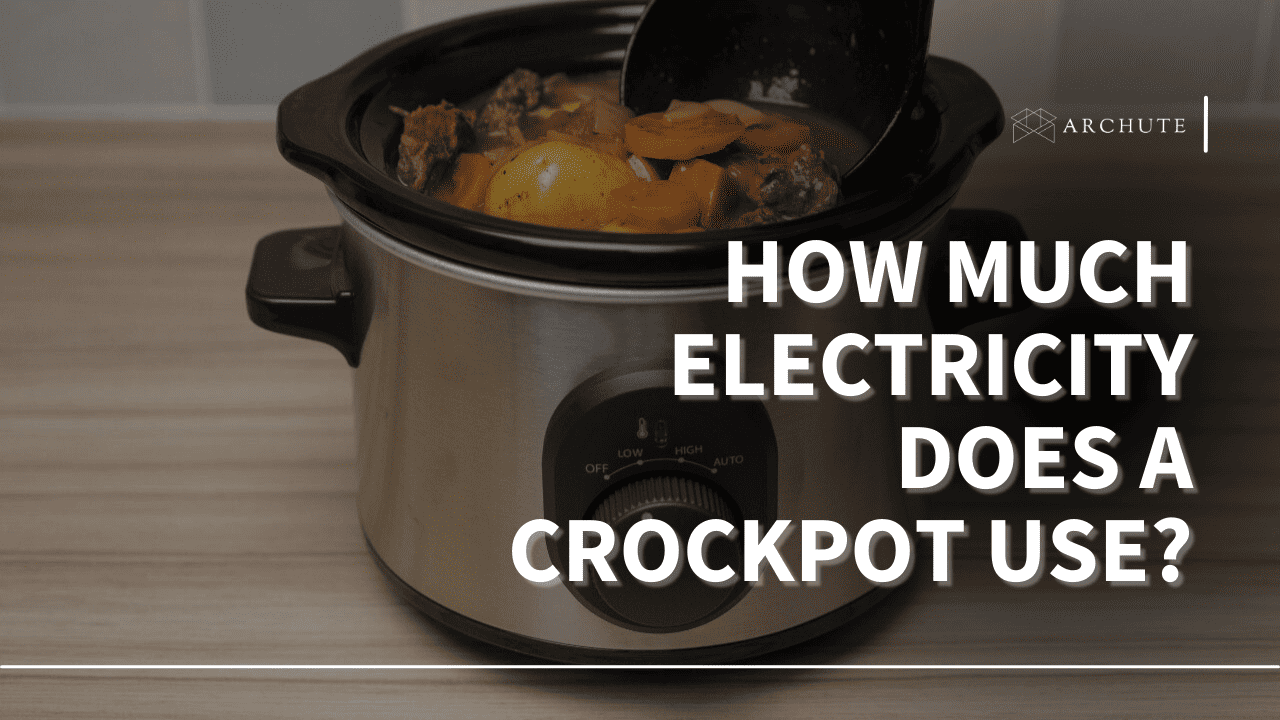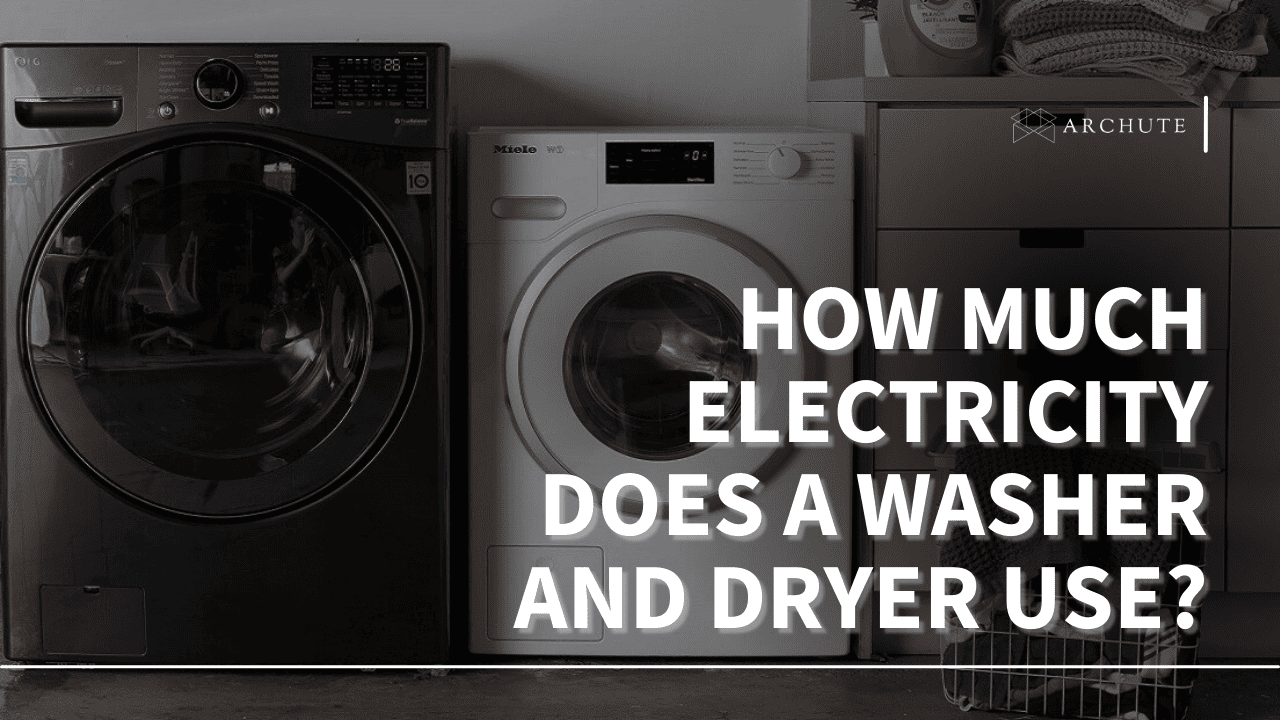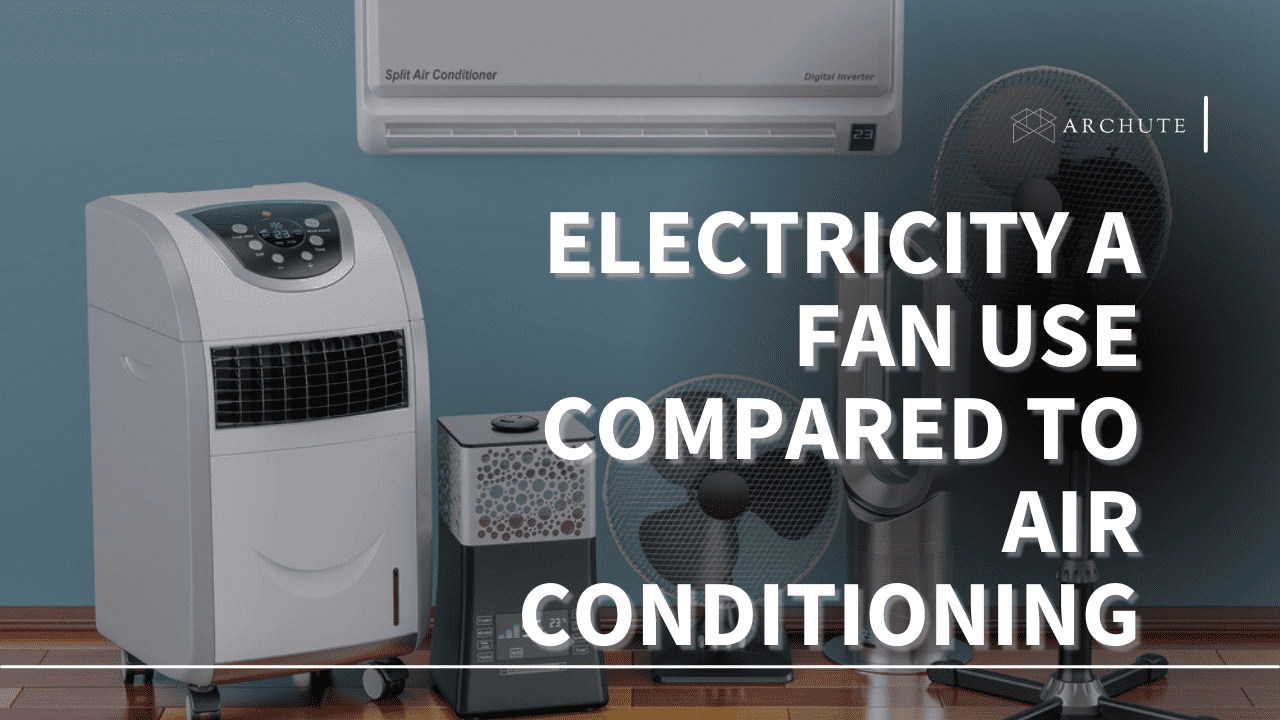On average, a laptop uses between 30 and 70 watts of electricity. When used over 8 hours, a laptop would use about 13 kilowatt hours of electricity in a month, which translates to about $2 in a given month. While these numbers show us the average electricity usage in a month, there is more that determines how much power a laptop uses and how much it costs.
So, how much electricity does a computer use and what is its cost?
How Much Electricity Does a Computer Use? Measuring Your Computer Electricity Usage
Image Source: mwave.com
To calculate the amount of electricity your pc uses, look at the kilowatt-hour rating on your computer. Once you have that, find out how many hours a day you use your computer and get an average of that. Multiply the kilowatt hour by the hours you use the computer and then by 365, which is the number of days in a year.
For example, if a computer uses 150 watts for 8 hours a day, then the energy consumption will be:-
150(watts)*8(hours)*365 (days) = 438,000 watt-hours per year.
438,000 watts= 438 kilowatts
Therefore, the computer uses 438 kWh per year.
The average price for 1 kWh of electricity usage in the US is 23 cents. Therefore, the amount you will pay will be:-
438*23=10,074 cents
10,074= $10.07
Factors Affecting Electricity Use on A Computer
Image Source: groovypost.com
Many factors affect how much electricity a computer uses and the money you will use. Here are different factors that affect how much power your laptop or desktop your computer will use.
1) Screen Hours
An average person uses the computer for about 8 hours a day. This can not be said of gamers, video editors, and other heavy users. The amount of kilowatt hours of electricity a gaming pc uses is different from an office desktop computer.
Image Source: finchumfixesist.com
That said, the electricity a computer uses when left on for 24 hours a day will be more than a computer that stays on only when used. You can keep this in check by having your computer on sleep mode whenever you are not using it. Some computers will automatically slip into sleep mode when not in use to save power.
2) Load
There are instances when the computer uses full load and others when it works on the least amount of power, depending on its task. Basic tasks such as sending and receiving e-mails do not consume as much electricity as gaming or editing movies with a powerful monitor and GPU. A normal office computer will have less energy usage than a gaming center.
Image Source: builtin.com
The reason for higher load or power usage when performing different tasks boils down to what components are active in the computer. For example, the graphics card and processor work at maximum performance when gaming or using the best architecture software. This adds to the amount of electricity the computer uses.
Even with similar graphics cards and processors, two computers will not consume a similar amount of electricity if the games or software run on them concurrently are different.
3) Components
The components you use on your computer may add to the overall power your computer uses. Besides the components, the computer uses a bit more electricity to run these components and networks. You can see the difference in electricity cost when using many components versus a basic setup.
Image Source: techspot.com
The setup you are using makes a difference to your electricity costs. An average desktop computer needs more power supply compared to an average laptop.
4) Computer Parts
The computer has parts that help it run, including electrical components, the motherboard, drives, fans, the video card, and more. For instance, some computers need external fans, drives, cooling systems, graphics cards, and more parts in active use. While they make the computer function better, these additional parts add to the cost of electricity.
Image Source: edgeup.asus.com
Other than the parts a computer has, the quality of these parts will determine how much running a computer costs. Cheap components and parts use a lot of power when functioning because they are inefficient and take more power to perform basic tasks. A quality component functions smoothly. For instance, if a computer has a poor cooling system, the computer will heat up and potentially crash. Poor drivers make the pc take longer to perform simple functions, using more power.
5) Computer Habits
How you use your computer will affect how much power consumption your computer has. If you are used to leaving your computer on throughout the night, it will use double the amount of power you use when you turn your pc off whenever you are not using it.
Image Source: freecodecamp.com
Leaving your computer without upgrading to more efficient parts will increase your screen hours due to reduced efficiency and higher costs.
How to Save Power When Using a Computer
To have a friendly electricity bill, there are some habits you can adopt to reduce power consumption when using your pc. Here are some tips to save energy when using your pc.
a) Plug in and Plug Out
Image Source: gearrice.com
When your computer is fully charged, you can remove it from the power to use battery power until you need to charge it again. This habit saves electricity usage, and your battery health is at its best.
b) Upgrade
When you upgrade your computer parts, your computer becomes more efficient and performs tasks faster than a slow computer. A slow computer uses more power to perform tasks the components can not perform.
Image Source: geekawhat.com
For instance, a cooling system may use slightly more power, but it will infinitely reduce your screen time and overall power consumption. A low-power cpu uses more electricity compared to a highly efficient CPU.
c) Auto-Sleep Mode
Set your computer to sleep whenever you are not using it. If your monitor turns off when the computer is not active, the average cost of electricity is dramatically reduced. Desktop computers have monitors that use more power compared to laptops which use considerably less electricity, and the sleep mode is effective in such a setup.
d) External Devices
External devices and networks can use electricity, even when not used. For instance, leaving your printer on when not in use consumes electricity and increases your overall bill. Other external devices to look for include speakers, modems, webcams, and more.
Image Source: computertechnicians.com.au
The fact that most of these external devices are not powered directly to the electricity outlet may create the impression that the devices do not use too much power. However, since the pc powers the devices, they use more power.
e) Energy Star Compliance
Image Source: hp.com
When buying components or a computer, ensure it is energy star rated; otherwise, you will always pay more for electricity when using your computer. Energy Star is part of the Energy Protection Agency, and devices with this certification use less energy and are efficient. If the pc you are buying has many stars, it is more energy efficient and has power-saving features.
f) Graphics Card
Image Source: vcgamers.com
The graphics card is an important component in a gaming or architecture computer, but it is one of the components that use the most power. A good graphics card should have a feature that powers it down automatically when idling. Furthermore, you can get a third-party GPU monitoring system to show how your GPU is performing and how much power the GPU is using.
More care should be taken when multiple screens are used to ensure the GPU downclocks properly.
g) Decorative Lighting
g) Image Source: signalrgb.com
Some features have RGB lights to make the setup look exciting. However, you can switch off the keyboard, mouse, fan, or CPU compartment lights when not in use to save power.
h) CPU Performance
CPUs have different ways of clocking and downclocking depending on the performance and power needed. The computer has different power modes, which help keep the CPU in check to have a threshold of how much power the CPU can use.
Frequently Asked Questions About How Much Electricity a Computer Uses
Image Source: msi.com
i) How much does it cost to run a computer for eight hours a day?
The amount of electricity a computer uses depends on its power rating. The average power rating for a computer is between 100 and 150 watts. A gaming PC will rate between 200 and 300 watts. To understand the cost, you need to calculate the daily kilowatt hours the computer uses. For instance, the kilowatt hour rating for a computer that uses 200 watts will be;
200/1000 = 0.2kWhr
8 hours will be 0.2*8= 1.6kWh
In the US, where the 1kWh is 23 cents, the cost of running this computer will be;
1.6*23 = 36.8 cents= about $0.4
ii) Does a PC consume a lot of electricity bill?
An average desktop computer does not use too much electricity when used properly. However, your habits will determine how much electricity your computer uses. Furthermore, the tasks you perform on your PC will determine how much electricity a computer uses. For instance, if you are using your PC for gaming, you will use more power because of the powerful components such computers have.
iii) How much electricity does a laptop use in 24 hrs?
If a computer is rated at 100 watts, the power the computer uses in a day will be;
100W=0.1 kW
In 24 hrs, the computer will use
24*0.1= 0.24kWh
iv) Does a PC use more electricity than a laptop?
A laptop uses less electricity, about 20% and 60%, because there are more components in a desktop compared to a laptop. However, a laptop is more resource intensive at the production level, which makes it an arguable claim that they have a smaller energy footprint.
Final Thoughts
Electricity consumption boils down to the nitty-gritty, like having an internet modem running for 24 hours or using it only when needed. Using the computer for extended periods requires discipline and mindfulness of how the PC is running. Understand what your computer requires depending on the task it is performing. A computer used for web browsing has different requirements than a gaming PC, which has energy implications.

